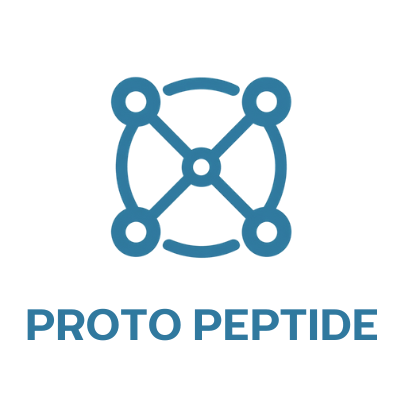Retatrutide: A Powerful Multi-Agonist Peptide Targeting Obesity and Type 2 Diabetes
The landscape of metabolic therapeutics is rapidly evolving with the advent of multi-receptor peptide agonists. Among the most promising is Retatrutide, a next-generation investigational peptide that builds on the success of semaglutide and tirzepatide. Its triple agonist activity may provide unprecedented weight loss and improved glycemic control, positioning it as a potential breakthrough for managing obesity and type 2 diabetes (T2DM).
What is Retatrutide?
Retatrutide is a novel investigational peptide designed to simultaneously target three key metabolic receptors: GLP-1, GIP, and glucagon. As part of a new class of triple agonists, it offers a broader and more potent mechanism for addressing complex metabolic disorders such as obesity and T2DM.
Mechanism of Action
Retatrutide works through combined activation of multiple pathways:
- GLP-1 receptors: Stimulate insulin secretion, reduce appetite, and slow gastric emptying.
- GIP receptors: Enhance insulin release and help regulate lipid metabolism.
- Glucagon receptors: Increase energy expenditure and support fat oxidation.
This synergistic approach may produce greater weight loss and improved metabolic outcomes compared to single-receptor therapies.
Clinical Research & Efficacy
Early-stage clinical trials of Retatrutide have shown substantial reductions in body weight and HbA1c levels. Some participants achieved more than 20% body weight reduction, outperforming results typically seen with GLP-1-only agents. These findings suggest Retatrutide could become one of the most effective peptide-based therapies for obesity and metabolic control.
Comparison to Other Therapies
| Therapy | Target Receptors | Primary Indication | Average Reported Weight Loss |
|---|---|---|---|
| Retatrutide | GLP-1, GIP, Glucagon | Obesity, Type 2 Diabetes | Up to 24% (early trials) |
| Semaglutide | GLP-1 | Obesity, Type 2 Diabetes | ~10–15% |
| Tirzepatide | GLP-1, GIP | Obesity, Type 2 Diabetes | ~15–18% |
Safety and Side Effects
Like other incretin-based therapies, Retatrutide can cause gastrointestinal side effects such as nausea and diarrhea. These are usually dose-dependent and may diminish with ongoing use or proper titration. To date, no serious adverse events have been commonly reported in clinical studies.
Conclusion: A Clinical Front-Runner in Obesity Treatment
Retatrutide represents the culmination of peptide innovation, offering multi-receptor synergy to tackle the multifactorial nature of metabolic disease. Its clinical performance—surpassing even the most advanced GLP-1 and dual agonists—positions it to redefine treatment goals in obesity management.
As research continues to harness the potential of multi-targeted peptides, Retatrutide may emerge as the gold standard for safe, effective, and sustainable weight loss.
Disclaimer
This content is intended for informational and educational purposes only. It is not intended to promote or sell any product and does not replace professional medical advice, diagnosis, or treatment. Always consult a qualified healthcare provider before beginning any new supplement or research compound. Statements have not been evaluated by the FDA or Health Canada and may change as scientific understanding evolves.
